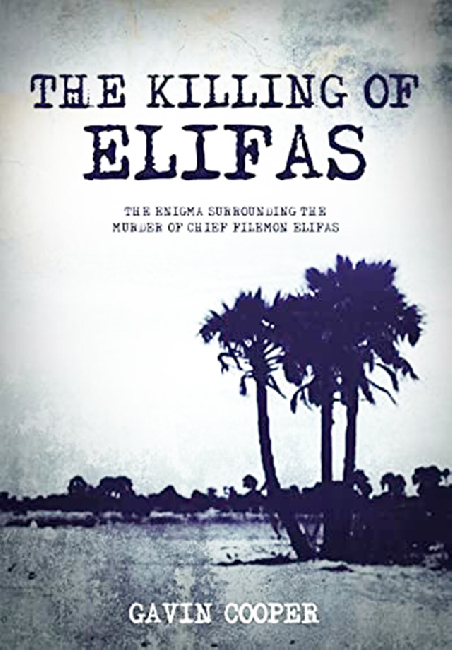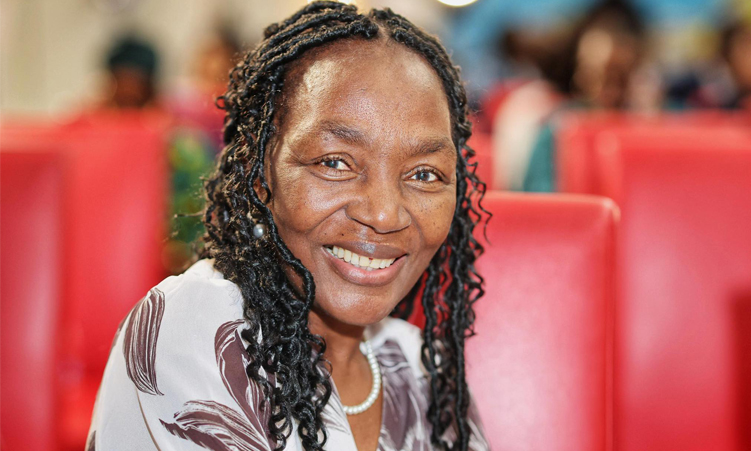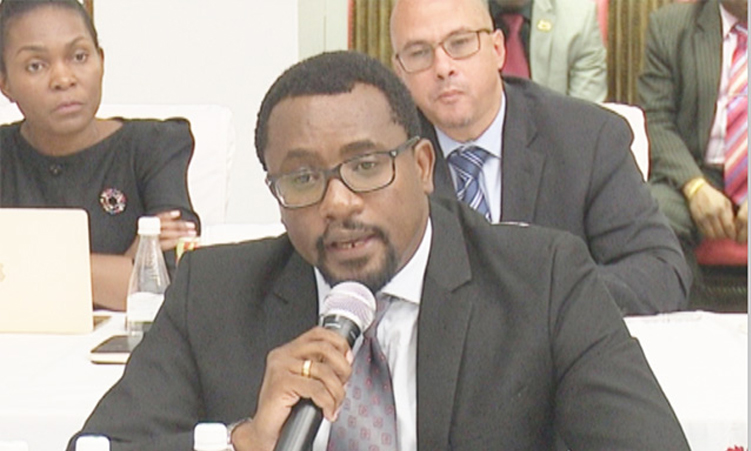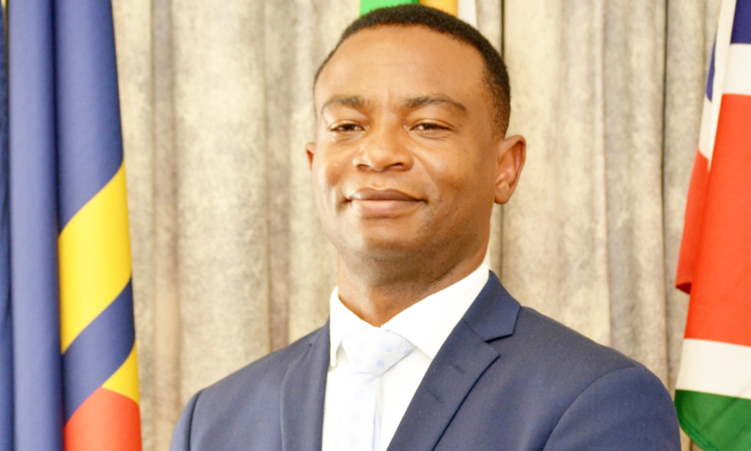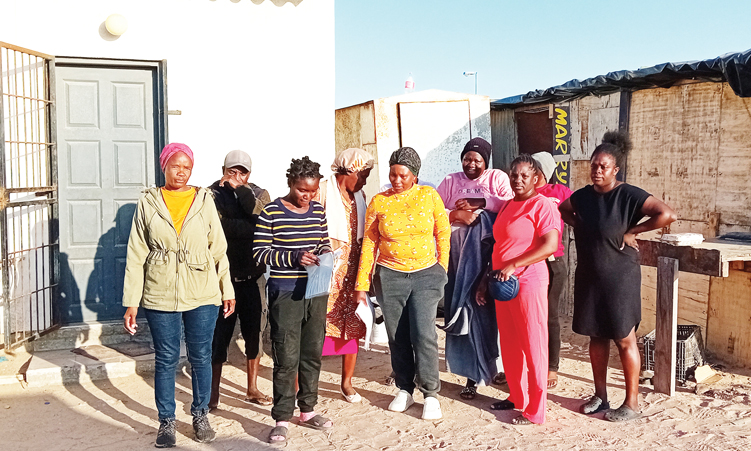In 'The Killing of Elifas', Gavin Cooper revisits this assassination and its aftermath, considering it against a wide canvas of Namibian and South African history.
Elifas was not only an influential traditional leader in northern Namibia, but as chief minister of the supposedly self-governing Owambo homeland he occupied a key position in the system of ethnic separation that South Africa tried to implement in Namibia under its policy of grand apartheid.
Due to his role as chief minister, Elifas was regarded by his critics and opponents – such as Swapo, then in the early years of an armed struggle aimed at winning the independence of Namibia – as a collaborator and puppet of the South African authorities.
Cooper describes Elifas as “the archetypal tribal chief: conservative, autocratic and happy to go along with a government that pandered to his dignity and paid him for it”.
As the leader of a traditional authority that meted out punishment to supporters of Swapo and its political cause – including widely publicised instances of public flogging – and of an ethnic government designed to further apartheid bantustan policies, Elifas naturally had enemies.
His life was brought to a sudden and violent end on the evening of 16 August 1975, when the 42-year-old chief minister was shot twice outside a bar incongruously named Haus Edelweiss Atlantic Bottle Store, near Ondangwa, where he had been socialising with his brother and successor as Ondonga traditional leader, Immanuel Kauluma Elifas, and others.
At the later trial over the murder, one of the state's witnesses related having seen one man with a firearm running off into the night after the shooting. But in the wake of the assassination of Elifas, the South African authorities arrested more than 200 people, Cooper recounts.
Eventually, six people, including three women employed as nurses at a hospital at Engela, would be charged under South Africa's Terrorism Act in connection with the killing and put on trial in a court sitting at Swakopmund. Cooper's father, South African senior counsel Wilfrid Cooper, led the defence team representing the six accused during the trial in 1976.
Stay informed with The Namibian – your source for credible journalism. Get in-depth reporting and opinions for
only N$85 a month. Invest in journalism, invest in democracy –
Subscribe Now!




